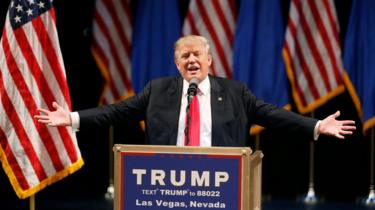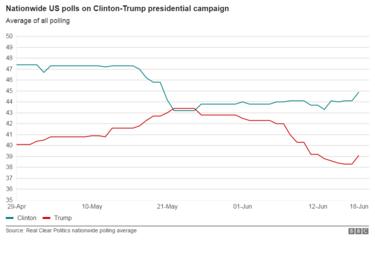Well he's the most schooled and prepared libertarian we got.. Also most of the party line lol observations are kooky hard liners that don't know how to tone down and moderate the message to the masses .. And the libertarian message and how it makes a lot of sense when put up against the hypocracy of the one party system... Guess we'll see how it goes.. Record level of dislike for both sides and doesn't look like anybody else is throwing their hat into the ring..
Will see if he can crack 15% to get on the debate stage to at least make some noise..
Will see if he can crack 15% to get on the debate stage to at least make some noise..
 up
up







